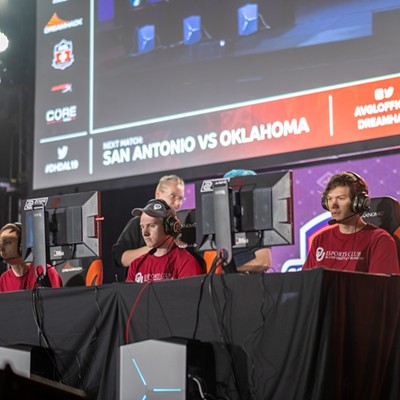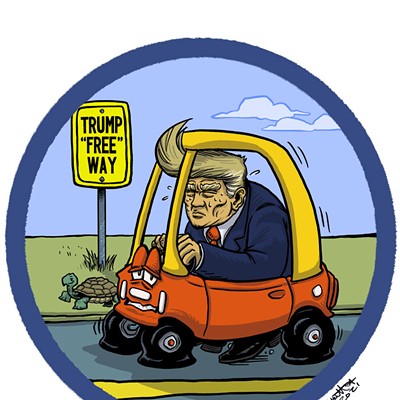My grandmother was raised near Atoka and was told as a child to never tell someone she was a Native American because it was not something to be proud of, because “Indians are drunks and lazy.” We have come so far.
As a state, we have the untapped resource of cultural tourism that will explode once AICCM is opened. It will tell the unique stories of the 39 tribes that call Oklahoma home — their culture, their history, their forced removal that placed them here — but it also will tell of their rebirths and success of the last 50 years.
AICCM will reaffirm how the story of Native Americans is one of deep pride for our state and can serve as an example for others across the globe. Visitors will be able to have a hands-on multimedia experience with tribal culture like never before.
Despite the tribes not economically benefiting from the AICCM, all 39 tribes have come together to say this is important to us, our culture, history and future.
The AICCM is in my legislative district. I was once a cynic about the project. The economics made me a supporter. However, what made me one of its most vocal supporters, a true believer, is the role it will play in illuminating the tapestry and fabric of the origins of our state. Coming together as a state of one unified people can only begin when we appreciate and learn from our past.
The Smithsonian Institution has Native American artifacts that were collected at the time of statehood but have been in storage in Washington, D.C. When the AICCM opens its doors, those exhibits will come home to Oklahoma City and be on display for the world to see for the first time.
Dr. Henrietta Mann, a member of the Cheyenne tribe, has said, “There is no home like a home in Oklahoma.”
Our roots help us grow and keep us grounded through trials and storms. Let us not ignore them; we should let them flourish.
I am a conservative Republican, and I see that the healing of our state can only begin when we, as Oklahomans, work together on things that we agree upon and realize those things upon which we disagree are not as important as we thought.
Visitors from across the world will learn what Oklahoma means but, more importantly, will learn who we are, where we came from and where we are going.
The AICCM will not just be a memorial to the past but an exhibit of a success story that is truly Oklahoma, “land of the red man.”
Loveless is a state senator, business manager of Loveless Orthopedic and Custom Footwear and CEO of Phoenix Consulting.
Opinions expressed on
the commentary page, in letters to the editor and elsewhere in this
newspaper are those of the author and do not necessarily reflect the
opinions of ownership or management.











